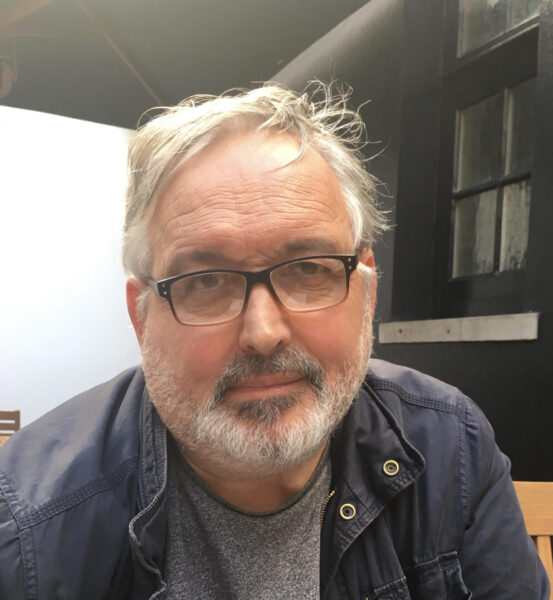‘Let’s put an end to the tinkering’

Trawling through my ancient 2GB flash drive the other day, I found a policy paper by Clare Goodridge from 2004 about accessible housing, written for the Disability Rights Commission (DRC), an organisation now sadly long gone.
The paper typically came up with a set of 12 recommendations and skimming through them made me realise how little progress we’ve made 18 years later. The Equality and Human Rights Commission (EHRC) Wales published another report, Housing and Disabled People: Wales’ Hidden Crisis in 2018, repeating similar recommendations. In essence, this is the statement from that report that sums up where we still are:
‘The right to live independently is a fundamental right, enshrined in the UNCRPD. Housing is the cornerstone of independent living. Without appropriate housing it is much harder to access employment, education, or leisure and recreational opportunities. For too many disabled people who shared their experiences with us during the inquiry, the lack of accessible housing and related support in Wales is a significant barrier to them realising their right to live independently.’
Perhaps some personal context might be useful. I’ve been working on this area of disabled people’s lives (I won’t reduce it to the term ‘issue’) since 1995, doing policy influencing and trying to make good things happen. I’ve witnessed some gains, of course – notably the adoption of Lifetime Homes standards for new-build social housing in Wales, one of the very few landmark changes. But the overall trend is one of tinkering around the edges of a housing system that systematically excludes disabled people and producing yet more research reports with yet more recommendations. And yet disabled people are not a ‘minority’ – we comprise 14 million citizens who are being fundamentally let down. The research has been done to death, the time is now ripe for changing things.
The core of all this activity should be a human right to decent housing – encapsulated by the Tai Pawb Back The Bill campaign for a legal right to adequate housing in Wales, which is gaining a degree of political support. This Act, if it comes to pass, must include accessible housing.
I suppose the cause of most exasperation for disabled people over the past 18 years are the missed opportunities. Big moments like the setting up of the Welsh Housing Quality Standard, where improvements to make homes as accessible as possible were not really part of the discussion, apart from the medical-model-of-disability-type phrase ‘as far as possible suit the specific requirements of the household (eg, specific disabilities)’.
Is this really good enough? It means in essence that accessibility standards were not mainstreamed throughout the refurbishment process. Were new doors wide enough, new windows accessible enough, level access installed front and back? We don’t know, because disabled people didn’t co-produce or have full involvement with these standards – it felt like a bolted-on afterthought and I’m not even sure the compliance regime relating to ‘specific requirements’ has even been measured. This is tinkering around the edges writ large.
And now we have another new wonderful opportunity, Decarbonising Welsh Homes. We need to decarbonise 1.4 million homes, or 95 percent of Welsh homes by 2050, through a new energy efficiency retrofit programme starting in 2021. Can we double up, and incorporate accessibility standards and solutions into the programme, if we plan ahead and factor them in? Think of the cost and efficiency savings; but above all, think how much the lives of disabled people and older people might be transformed by such a plan. And, for once, we have a decent amount of time to plan it, co-produce it with disabled people and get it right.
In the meanwhile, the strategic link between sustainability, accessibility and inclusion has to be clearly laid out, especially when there are once in a lifetime opportunities on the horizon. The two areas aren’t mutually exclusive. Having accessible homes that are green should be a stated strategic aim for Welsh Government. But I do wonder, will sustainability trump inclusive housing, pushing it again into the policy margins again. Why not have both? Is true inclusion a home that’s zero carbon AND accessible for everyone who might live in it? This should be how a joined-up housing strategy for everyone in Wales should work.
An end to the tinkering.
Graham Findlay is a board member of Tai Pawb and lifelong disability rights campaigner.
This article first featured in Welsh Housing Quarterly.